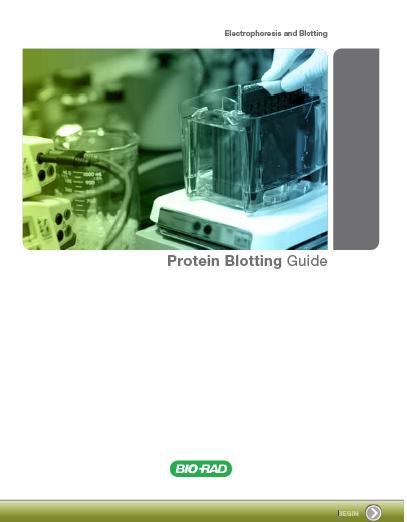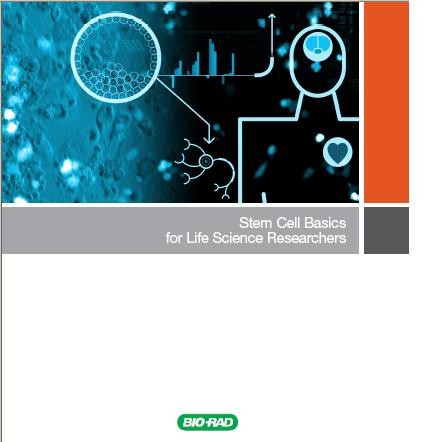It’s no surprise that Droplet Digital PCR (ddPCR) has found its place in the world of cancer research. Bio-Rad’s ddPCR™ technology has a remarkable ability to quantify miniscule amounts of target DNA and RNA, and thus can contribute to early detection of rare tumorigenic mutations against a high background of “normal” DNA as well as to other applications, including identifying cancer subtypes, optimizing drug treatment plans, and studying tumor evolution. At the Fred Hutchinson Cancer Research Center in Seattle, scientists are producing some of the most important advances in prevention, early detection and treatment of cancer and other diseases. They are studying the disease process from every angle seeking to uncover factors that influence a person’s likelihood of getting cancer. Understanding of such factors, of course, can help reduce risk and save lives. To learn more about how Droplet Digital PCR is being wielded to fight against cancer, we caught up with two researchers – Muneesh Tewari and Jason Bielas— who are using Bio-Rad’s QX100™ Droplet Digital™ PCR system in their quest to break through the current limits of nucleic acid detection and quantification.
-
Bio-Rad has sponsored the development of this site to advance the productivity of the American Biotechnology sector and the fine people who work in it across the country. We invite readers to contribute content: posters, tools, research and presentations, articles white papers, multimedia, music downloads and entertainment, conference announcements, videos. Please contact [email protected] for more information.
Download the Protein Blotting Guide
Download the Stem Cell Guide for Life Science Researchers
Subcribe by email
Categories
- Bio-Plex Video Tutorial (3)
- Bio-Rad Product Highlight (127)
- Bio-Rad Promotions (12)
- Bio-Rad Tutorial (67)
- Bio-Rad Webinar (7)
- Bio-Rad Workshop (3)
- Career (51)
- contest (11)
- cool tools (105)
- Deep Thoughts (143)
- Diabetes Research (10)
- Droplet Digital PCR (27)
- events (4)
- Experion (1)
- External Webinars (3)
- Interesting Studies (256)
- just for fun (191)
- life science funding (46)
- news (89)
- PCR Video Tutorials (8)
- profiles (10)
- Proteomics (35)
- Protocols (47)
- qPCR tutorial (22)
- stem cell (15)
- Technical Note (24)
- ugly gels (6)
- Uncategorized (44)
- Videos (43)
- Western blot tutorial series (14)
Pages
-
Recent Posts
Tags
2D Gel Electrophoresis art and science Bio-Rad Bio-Rad Laboratories bio-rad video biomarker biotechnologist biotechnology biotechnology explorer cancer research cell biology droplet digital pcr electrophoresis epigenetics evolution fun facts fun video genetics genomics graduate students life science funding lighter side molecular biology neuroscience NIH PCR personalized medicine protein electrophoresis Proteomics Protocols qPCR Real-Time PCR real time quantitative PCR research funding science science and music science education science funding sequestration stem cell research stem cells thought-provoking video tools video western blottingBlogroll















